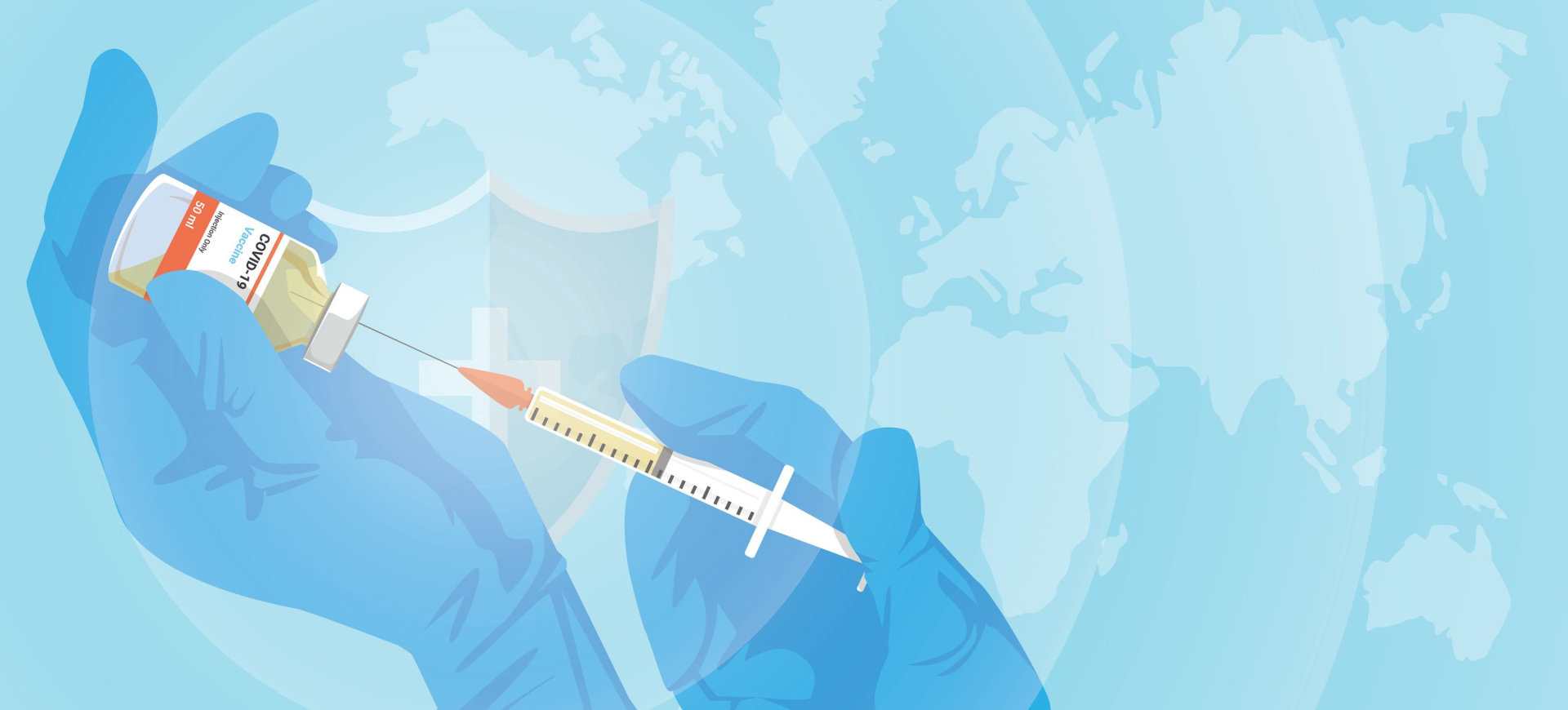Recognising the importance of trust to pandemic preparedness and response
Trust is intangible, morphing according to context, community and other considerations. That’s why the World Health Organization has developed an initiative to define and build trust specifically for pandemic preparedness
Trust is the bedrock upon which effective public health responses to epidemics and pandemics are built, enabling governments, health partners and communities to work together towards common public health goals. However, the Covid-19 pandemic exposed significant challenges in maintaining trust, with many places around the world experiencing an erosion of trust that has yet to be fully restored. This erosion poses a serious challenge for future pandemic preparedness and response efforts. When the world is called on to respond to another pandemic, this response will need to begin in many environments where trust levels are already precariously low. The Global Preparedness Monitoring Board’s 2023 report highlighted the importance of trust in pandemic prevention, preparedness and response. It stated that trust is necessary for the cohesion of societies and reduces the risk of polarisation. Polarisation can undermine ongoing response efforts but can also negatively affect other health interventions and sectors beyond health.
Recognising the critical importance of trust, the World Health Organization has launched the WHO Initiative on Trust and Pandemic Preparedness to define and build a collective understanding of trust in the context of epidemics and pandemics. It aims to equip countries with the tools and knowledge needed to understand trust, measure trust, and act to nurture and build trust, even where it is currently lacking.
The intangible nature of trust
One significant challenge in addressing trust is its complex and intangible nature. Unlike resources such as vaccines or medical supplies, trust cannot be easily quantified, distributed or administered. This makes it hard for countries to ‘do something about it’ without fully embracing and understanding its complexity and highly localised nature. Much research indicates that trust is built on an intricate interplay of factors, including transparency, consistency, empathy and effective communication. Trust is not transactional. It requires understanding history and a long-term commitment to fostering relationships among authorities, institutions and the community.
To assist countries in navigating this challenge, building capacities in defining and measuring trust is an important leadership function of the WHO. By providing countries with the tools to assess and understand the levels of trust within their populations, the WHO can enable more targeted and effective interventions. These interventions can focus on nurturing trust where it already exists and building it where there are trust deficits.
Building trust
Interventions to build trust are multifaceted and must be tailored to the specific context of each country and each community, and co-developed with communities. Examples of these interventions include:
Communicating transparently: ensuring that public health information is communicated transparently and consistently. This includes being open about uncertainties, acknowledging past mistakes and providing regular updates on the situation.
Engaging with the community: actively involving communities in decision-making. This means listening to their concerns, addressing their needs, being sensitive to complex histories and reasons for mistrust, and empowering them to take ownership in co-developing public health measures.
Building cultural sensitivity: ensuring public health strategies are culturally sensitive and inclusive, recognising the diverse values and beliefs, practices and traditions within different communities and where possible developed with communities. This can help to ensure that interventions are accepted, trusted and supported by communities.
Meeting needs and building local capacities: investing in local health infrastructure and workforce development to demonstrate a commitment to the well-being of the population, thereby fostering the trust of communities in national authorities or institutions.
Managing infodemics: actively responding to the information needs of communities, listening to and responding to concerns and addressing misinformation. Infodemic management can build trust in public health messaging.
Trust within and among countries
Trust also plays a crucial role in international relations. The Covid-19 pandemic highlighted the importance of trust between countries, particularly for global health governance. The ongoing negotiations between WHO members on the Pandemic Accord and the International Health Regulations revisions underscore the complexities of building trust at a multilateral level.
Although countries generally agree on the principles of pandemic preparedness and response, such as reducing inequities and ensuring access to essential resources, there is often disagreement on how to achieve these goals. Many of these disagreements are rooted in mistrust, whether it be mistrust of other countries’ intentions, concerns about equitable access to resources or fears of exploitation.
This mistrust can hinder national and global cooperation, leading to fragmented responses and undermining the effectiveness of international efforts to combat pandemics. Therefore, trust must be seen as an essential facet of pandemic preparedness and response, one that spans the spectrum from hyper-local community dynamics to complex multilateral negotiations.
The WHO Initiative on Trust and Pandemic Preparedness
The WHO’s initiative is a critical step towards addressing the trust deficits that currently exist in many parts of the world. Defining what trust means in the context of epidemics and pandemics can lead to a shared understanding that can inform global and local efforts. Moreover, by developing tools to measure and understand trust, the WHO is helping countries identify where trust is strong and where it must be strengthened.
The initiative also emphasises the importance of global solidarity and cooperation. In an interconnected world, no country is isolated from the effects of a pandemic. Trust between countries is therefore essential for ensuring that resources are shared equitably, that responses are coordinated, and that the global community can work together to overcome future health crises.
As we look to the future, trust will clearly be a critical component of any effective pandemic preparedness and response strategy. The erosion of trust witnessed during the Covid-19 pandemic has highlighted the need for a renewed focus on building and maintaining trust at all levels – from local communities to the global stage. In a world where uncertainty and fear can easily undermine collective action, trust remains our most valuable asset in the fight against global health threats. ▪












